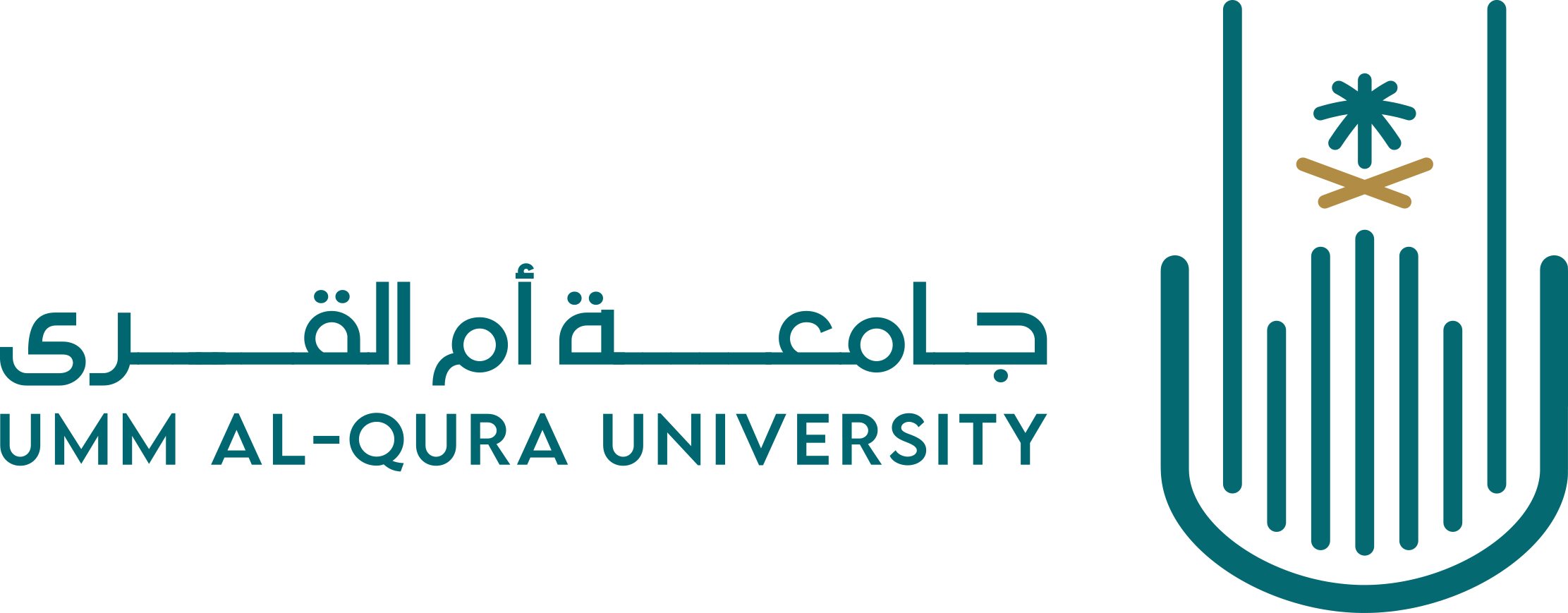- Communities& Collections
- Browse Items by:
- Issue Date
- Author
- Title
- Subject
الانتشار المصلي للعدوى بميكروب الليستيريا المستوحدة بين الأغنام المستوردة للهدي والأضاحي خلال موسم حج 1434هـ
أعداد هائلة من المجترات الصغيرة لا سيما الأغنام يتم استيرادها سنويا قبل موسم الحج بوقت قصير ومعظمها تستورد من بلدان القرن الأفريقي التي تعتبر مناطق موبوءة بمرض الدوران الذي تسببه بكتريا الليستريا المستوحدة. وتعتبر الإصابة بميكروب الليستريا المستوحدة أحد الأمراض المعدية المشتركة الهامه حيث يمكن أن تنتقل العدوى إلى الإنسان عن طريق الاحتكاك المباشر والغير مباشر بالحيوان المصاب. والحيوانات المستوردة قد تكون مصابة وتحمل الأجسام المضادة للميكروب المسبب للمرض وبالرغم من أنه قد لا تظهر عليها أي أعراض سريرية. لذلك تم جمع 1000 عينة دم بطريقة عشوائية من هذة الأغنام المستوردة خلال موسم الحج 1434هـ لرصد مدى الانتشار المصلي للعدوى بميكروب الليستريا المستوحدة. تم فحص عينات مصل الدم للكشف عن الاجسام المضادة للبروتين Listeriolysin O (LLO) protein باستخدام أختبار الاليزا. وأظهرت النتائج ان 178 من اجمالي 1000 (17.8٪) عينة مصل دموي من الأغنام قيد الدراسة تحتوي الأجسام المضادة ضد البروتين LLO من ميكروب الليستريا المستوحدة. وقد تم أيضاً مناقشة أثر دخول مثل هذه الأمراض المعدية المشتركة مع الحيوانات المستوردة إلي السعودية وأثارها على الصحة العامة. وخلص البحث إلى أنه يجب تطبيق الإجراءات الوقائية لتجنب انتشار مثل هذا المسبب المرضي إلي المناطق المزدحمة مثل مكة المكرمة والمدينة المنورة. وأشارت الدراسة إلي أهمية إضافة مرض الدوران إلي قائمة الأمراض المعدية المحجرية لا سيما بمحجر ميناء جدة الإسلامي. وأوصت الدراسة باستخدام اختبار الاليزا في الكشف عن تعرض الحيوانات المستوردة السابق لميكروب الليستريا. كما أوصت الدراسة بإنشاء مشروع وطني للإنتاج المكثف للأغنام كبديل لاستيراد الأنعام. Annually huge numbers of small ruminants particularly sheep were imported shortly before pilgrimage season mostly from countries of the Horn of Africa, where circling disease (Listeria monocytogenes) is endemic. L. monocytogenes is the causative agent of one of the most important zoonotic disease and it transmitted to human being through direct and indirect contact with infected animals. Imported animals may be infected and carry the antibodies of the causative agent without showing any clinical manifestations. So, a total of 1000 random blood samples were collected from such imported sheep during Hajj season 1434H for seroprevalence of L. monocytogenes. Serum samples were tested for the presence of specific L. monocytogenes antibodies using sheep anti-LLO IgG Immunoassay kit. Out of 1000 tested sera, 178 (17.8%) were carried antibodies against Listeriolysin O (LLO) protein of L. monocytogenes. Also, public health significant as well as entrance of such zoonotic diseases into the country through imported animals was discussed. It was recommended that control measurements should be applied to avoid spreading of this food-borne zoonotic infectious agent into the crowded regions such as Makkah Al-Mukaramah and Al Madinah Al-Monourah. This study indicated that circling disease should be added to the list of the quarantine infectious diseases, especially through the Jeddah Islamic Port. Using of Anti-LLO ELISA for diagnosis of the previous exposure of the imported ruminates to the L. monocytogenes is also recommended. Furthermore, establishing of a national project for the intensive production of sheep as a substitute for the animals importation was recommended.
| File | Description | Size | Format | |
|---|---|---|---|---|
| السجل العلمي لأبحاث الملتقى 15-204.pdf | ملخص بحث - الانتشار المصلي للعدوى بميكروب الليستيريا المستوحدة | 256.74 kB | Adobe PDF |  View/Open |
| أبحاث الملتقى 15 - إنجليزي-62-68.pdf | البحث باللغة الإنجليزية | 246.26 kB | Adobe PDF |  View/Open |
| Seroprevalence of Listeria monocytogenes Infection Among Imported Sacrifice Sheep in Makkah During Hajj.docx | البحث بصيغة وورد | 64.29 kB | Microsoft Word XML | View/Open |
Items in D-Library are protected by copyright, with all rights reserved, unless otherwise indicated.



Comments (0)